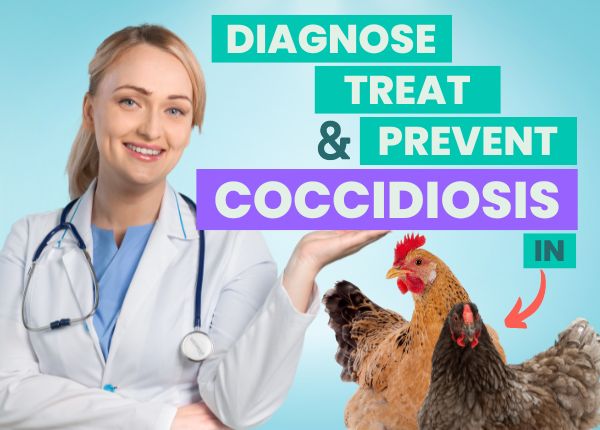
OMG there are SO many things to worry about when you keep and care for chickens. One of the things on my list of things to worry about is have I’ve worried enough…about a weird limp or peculiar poop?
If you’ve panic-googled your way here because you have a sick chick in your lap right now and suspect Coccidiosis, then jump straight to what to do next here. Breathe. You’ve got this chicken mamma!
It’s just one thing after another with chickens. You master one chickenundrum and then another one crops up. Little devils. I swear they take pleasure in panicking their people!
Every chicken keeper out there will be nodding in solidarity when I say that chickens have a habit of falling ill fast! One minute they’re sitting pretty on a freshly laid egg and an hour later they’re freaking you out laying belly up looking like they’ve had a heavy night out.
Coccidiosis is just one of - what feels like a billion illnesses - that can bother our beloved birds.
We can’t beat Mother Nature, but we CAN control the risk level to our pets by making simple changes to how we do things.
Knowing your stuff about chicken healthcare will dramatically reduce the odds of crisis striking your coop.
Having a solid understanding of common chicken health issues, and how to prevent them, spot them, and cure them will save you – and the rest of the family – a lot of heartache, stress, time, and expense.
The temptation is to deal with issues when they arise, but that can cause unnecessary pain and costs. After reading this, you’ll be feeling confident - maybe even a tad cocky - about your Coccidiosis knowledge, and able to intervene fast if you spot a problem.
I can’t recommend the chicken health course by Chickenpedia enough, because knowledge is power when it comes to prevention in poultry health!
As you read on, you’ll see lots of chicken nuggets of information from Chickenpedia, to give you a feel for the kind of things you’ll learn. I’ll tell ya’ more about the course at the end 😊
Coccidiosis is caused by a nasty, protozoic parasite with a terrible taste in real estate: it sets up home in the walls of your chicken’s intestines, and if not spotted fast and treated, it can be fatal.
This isn’t a doom and gloom blog, but it might be a bit of a reality check about how demanding keeping healthy chickens can be. They’re hardy those hens, but just like dogs & cats or half-height humans, they’re totally dependent on you to deliver everything they need (and wrestle anything they don’t need from their beaks).
As a poultry parent, you can’t wing healthcare. It’ll only result in panic, pricey vet visits, and heartache. You’ll need to know your Bumblefoot from your Pasty Butt. Being able to spot symptoms early means you can act fast, and your chickens suffer less.
Fill your knowledge cup before you fill your coop! Knowing the basics about common chicken health issues makes keeping chickens fun, not frightening.
“Chicken keeping used to feel so stressful because I could never figure out what was wrong with my chickens. But thanks to Chickenpedia, it now feels like a breeze! It’s like having a chicken keeping coach in my pocket.”
Andrew K, USA
By the time you have finished reading this, you will have the confidence in understanding what Coccidiosis is and how to treat and prevent it. I’ve got you!
- What is Coccidiosis?
- Coccidiosis Symptoms
- Coccidiosis Chicken Poo
- Coccidiosis Prevention
- Coccidiosis Vaccination
- Treating Coccidiosis
- Can Chickens Recover from Coccidiosis?
- Is My Chicken Sick?
- Signs Your Chicken is Unwell
- What to Do If You Suspect Coccidiosis
- Can I Catch Coccidiosis from My Chickens?
- Can Coccidiosis Spread from My Chickens to Other Animals?
- Could My Chickens Get Coccidiosis?
- Coccidiosis Lifecycle
- How Is Coccidiosis Transmitted?
- How Quickly Does Coccidiosis Spread?
What is Coccidiosis?
Coccidiosis (pronounced cock-sid-ee-oh-sis) is caused by coccidia: a protozoic parasite that spreads via the ingestion of infected feces. When chickens ingest coccidia eggs, they infect the intestines of their unclucky, I mean unlucky host.
Coccidia damage the wall of the intestine as they feed and grow, meaning it can no longer perform how it should: nutrients can’t be absorbed, and so chickens become malnourished.
Coccidiosis is common in lots of animals like cattle, sheep, dogs, and cats but it seems to be most deadly in chickens.
Coccidiosis Symptoms
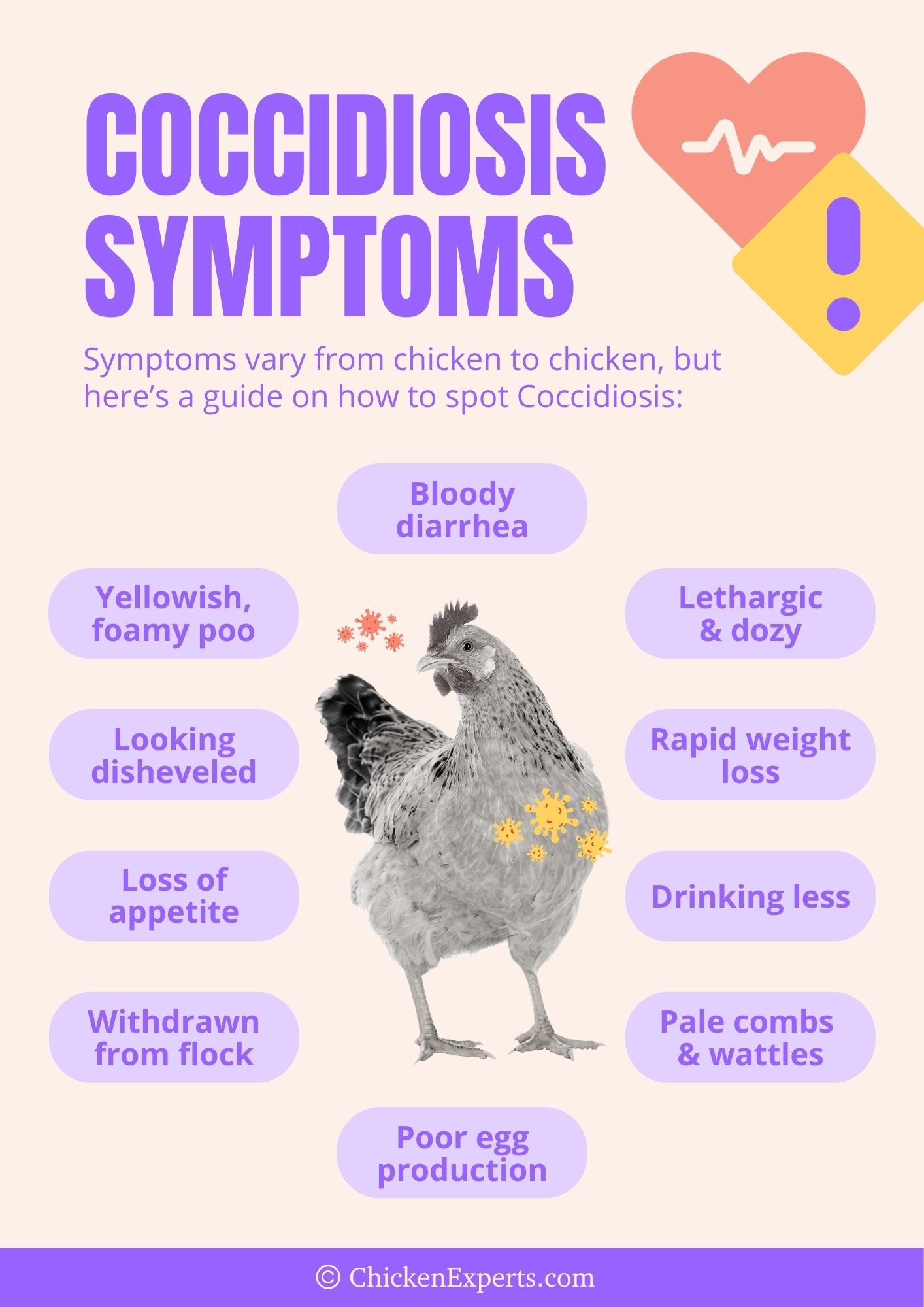
Symptoms vary from chicken to chicken, but here’s a guide on how to spot Coccidiosis:
- Bloody, Greenish Diarrhoea
- Yellowish, foamy poo with severe infections
- Lethargic, Dozy chickens
- Looking disheveled with feathers fluffed up or ruffled
- Rapid weight loss
- Loss of appetite
- Drinking less
- Withdrawn from the flock
- Pale combs and wattles, almost cold looking
- Reduction in usual egg production
Coccidiosis Chicken Poo
Poo patrol is a daily activity for chicken keepers. Poultry poo tells all!
The first and most reliable symptom of Coccidiosis is bloody diarrhea resulting from damaged intestines.
In hens, bloody poop can be a result of laying a very large egg, so before you panic, check out her nest box and see if she’s just had a particularly ouchy morning!
You know you’re a chicken person when you love a good poo chart, haha! Here’s a guide from our chicken care egg-sperts over at Chickenpedia.
Coccidiosis Vaccination
Very young chicks can be vaccinated to protect against all forms of coccidia that affect chickens. The window for an effective vaccination is tiny though. They’ll need to receive it before they are three days old. Most reputable breeders will vaccinate against Coccidiosis before selling them.
The vaccine stimulates a chick’s body to develop its own lifetime immunity against coccidiosis.
Coccidiosis Prevention
Coccidiosis can either be prevented by vaccination, or the risk of contracting coccidiosis can be reduced by using medicated starter feed and keeping coops clean.
My chicken-health mantra is a classic, and I stand by it: Prevention is ALWAYS better (and cheaper) than cure.
“With chicken health, prevention is key. If you want to ensure a happy and healthy flock, it is imperative to stop health problems in their tracks.” (Chickenpedia)
If you wait until your chickens fall ill, you’ll miss tonnes of opportunities to prevent illness in the first place. It’s horrid to realize afterward that you could have dodged a disease that’s being so cruel to your chickens.
Taking a small amount of time to learn about chicken health will kit you out with the tools to care for your birds.
Here’s one egg-sample of the kind of tips you’ll pick up along the way…
“A wormer regularly added to their water will prevent worms. If you’re wanting a natural option that will help (but not prevent) nasties in the gut,try Apple Cider Vinegar in your chicken’s water or garlic in their diet are easy ways to manage the levels of oocysts and worms.” (Chickenpedia)
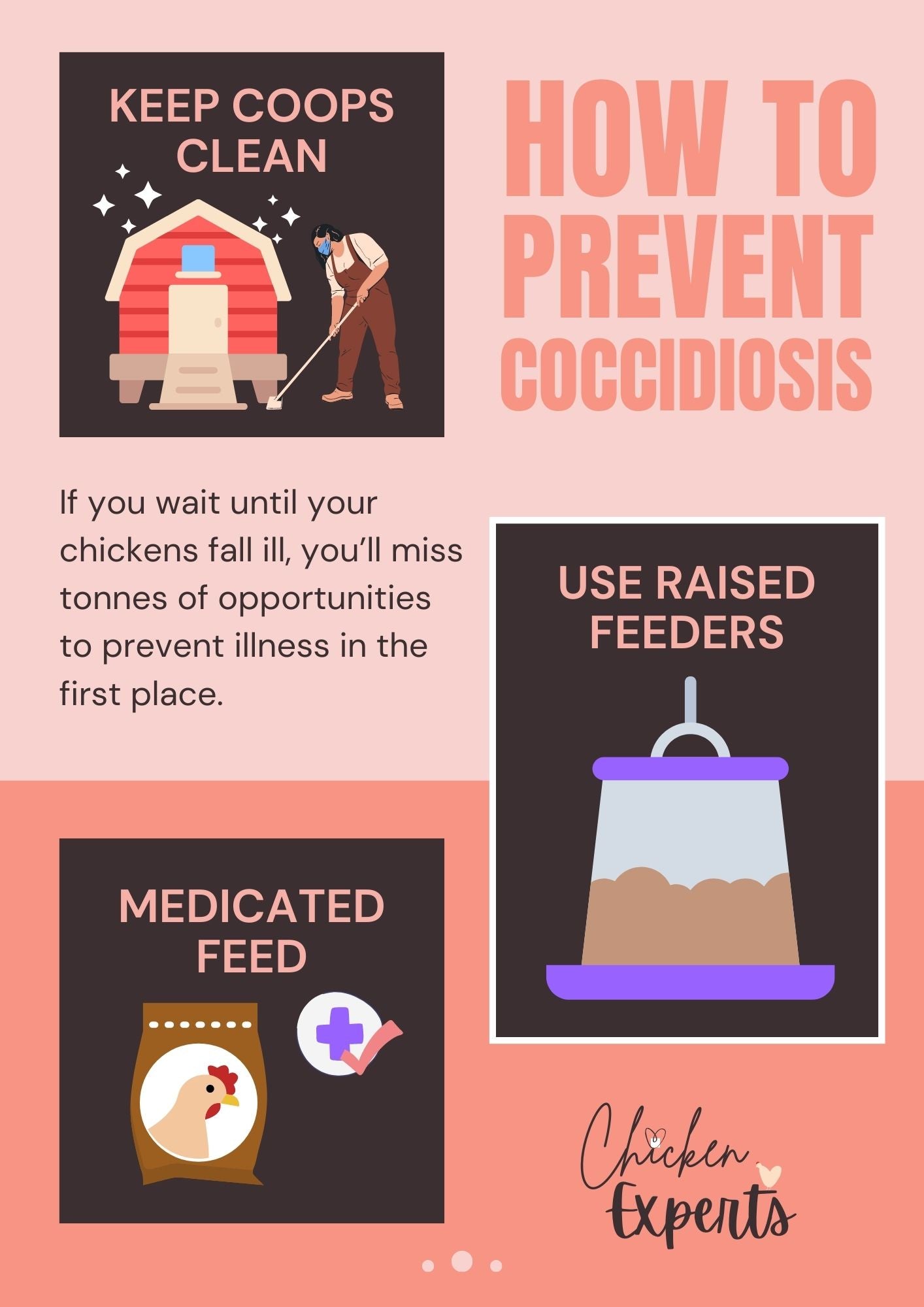
1. Keep Coops Clean
Good housekeeping makes a huge difference with Coccidiosis. If infected poop is everywhere then pecking chickens will accidentally ingest it. Less poop in the coop means less risk of Coccidiosis for your chickens. Make sure feeders and waterers and roost bars are cleaned regularly too.
Knowing how to effectively and safely sanitize your chicken’s home is worth its weight in gold. I’d recommend a thorough healthcare course like Chickenpedia's that goes above and beyond basic knowledge. You’ll even learn how to make your own, homemade, chicken-safe sanitizer!
2. Used Raised Feeders
Waterers and feeders that are kept above ground level make for tricky toilets. Hanging your feeder just an inch of the ground will stop scat being kicked into it so there’s less chance of coccidia being ingested.
3. Medicated Feed
Medicated starter feed which has coccidiostat in it will kill off coccidia for the first month of a chick’s life, which is when they’re most susceptible.
For the medication to have a chance of preventing coccidiosis, you have to expose your chicks to coccidia (I know, it seems wrong) so that they can slowly build up their natural immunity.
Did you know that you shouldn’t give medicated feed to vaccinated chicks? It neutralizes the vaccine. Complicated, isn’t it?
Even with the best intentions, it’s easy to make mistakes with chicken care that can actually put your chickens at more risk.
Treating Coccidiosis
Coccidiosis works fast, so you need to act faster! Start treatment the moment you spot the first signs of disease🦠.
- Separate infected chickens from the rest of the flock
- Treat the poorly chicken urgently
- Disinfect EVERYTHING!
- Treat the whole flock
We always recommend that you consult a vet! If time is of the essence and you want to try something at home in the interim, you can keep Corid at home to make a 9.6% liquid solution to replace your chicken’s drinking water. After 5 days this should have tackled any of the 9 variants of Coccidia. For a more severe infection or chickens that aren’t drinking at all, you’ll need to consult your vet.
After infection, some veterinarians might say to treat the flock with Amprolium regularly for a year to make sure reinfection doesn’t take place.
Can Chickens Recover from Coccidiosis?
Coccidiosis can be a deadly illness for chickens. Parasitic protozoa can damage the digestive system so severely, that chickens just can’t survive without the right treatment.
With the right treatment, chickens can recover in just 10-14 days. Survivors may never quite be the same as they were before. They might lay fewer eggs or be sicklier and more prone to illnesses as a result of their weaker intestines.
Is My Chicken Sick?
Before you start diagnosing your chicken’s illness, you’ll be wondering if they are genuinely ill, or if they’re just being odd or doing something that’s normal for chickens. The first lash egg you spot will terrify you if you haven’t done your research on chicken health beforehand!
Social media is riddled with ‘is there something wrong with my chicken?’ posts. Chickens 100% fake it at times and clearly get a kick out of freaking out their folks.
The best way to spot a poorly poultry from a drama queen is to get to know their normal behaviors and habits. Changes in behavior and physiology are easier to spot when you know your chickens inside out.
Here’s just a taster of the warning signs that you learn to look out for on the Chickenpedia health course to help you spot signs of illness quickly.
Their course has helped thousands of chicken keepers across the country. Whether you know a little or a lot, they have a detailed step-by-step chicken health program to follow and will become your chicken-wing man throughout the process.
Supporting a sick chicken can be really daunting and stressful, but with egg-spert support from Chickenpedia, you’ll never feel alone as part of the Chickenpedia gang!
Learning how to carry out a Hen Health Check is just one way they’ll help your confidence hatch. Here’s a sneaky peek:
Signs Your Chicken is Unwell 🤢
- Isolate themselves, seeking a quiet place away from the others
- Be hunched in stance with ruffled feathers and eyes partially closed
- Have diarrhea or a stained vent area
- Have a pale comb or wattles
- Show paralysis of either the legs, wings or neck
- Be sneezing and or coughing and there may be nasal discharge
- Have blood in their poop
- Display swelling of the joints
- Have injuries
- Show weight loss
- Show unexpected changes in appetite or drinking habits
- Have slow growth
- A reduction in egg production
- Increased preening (cleaning)/itching
- Have worms in poop
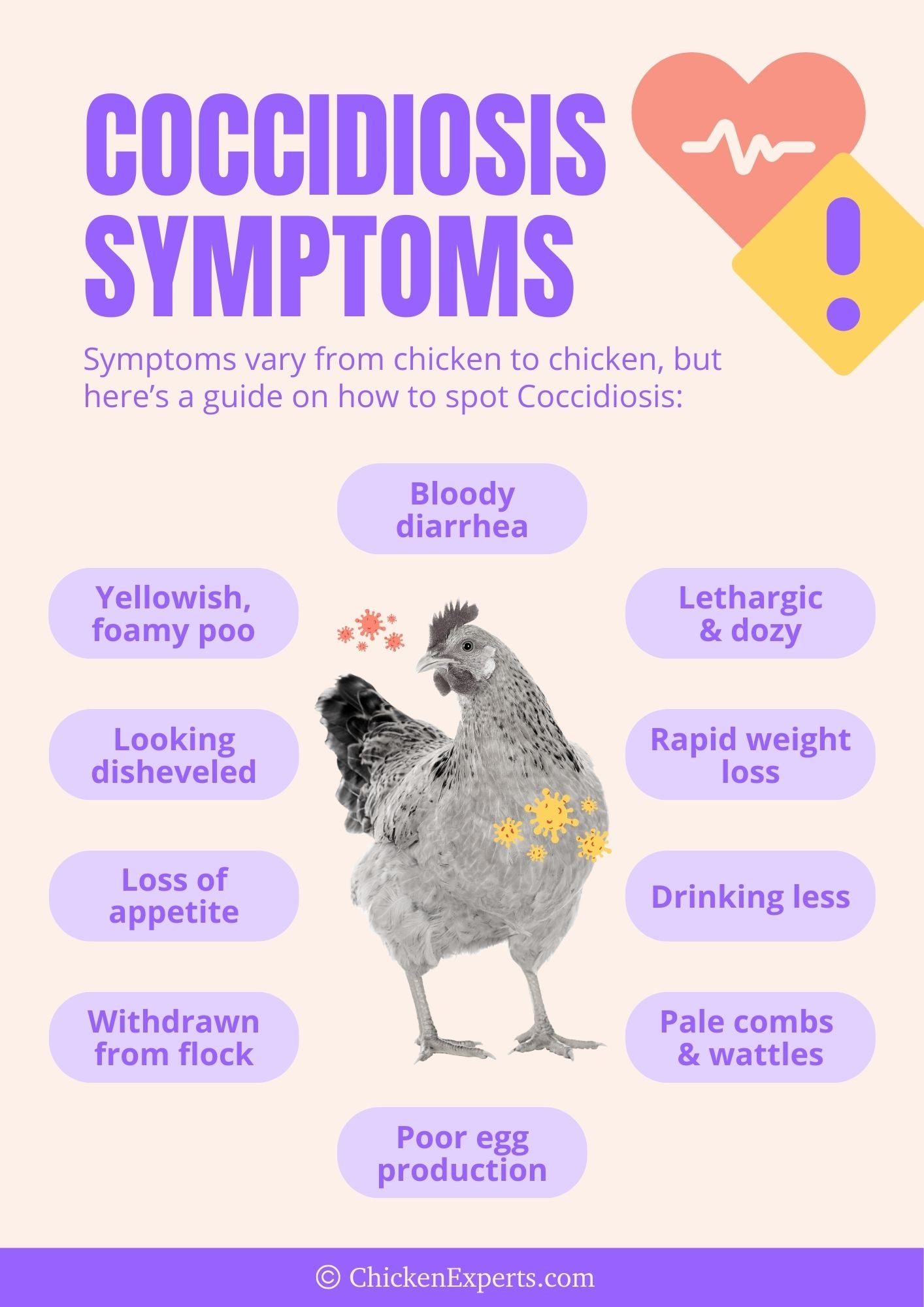
What To Do If You Suspect Coccidiosis
If you think your chicken might have coccidiosis the first thing you need to do is isolate them from your healthy flock members.
Check if your hen has laid a very large, blood-stained egg recently. If so, this might be causing some of her symptoms.
If you can’t get your chicken to a vet, then get their poop to one! You can have droppings tested for Coccidia levels.
If your chicken does have Coccidiosis you will need to treat the whole flock. Chances are, they all have it!
Your vet can prescribe Amprolium, or you can grab this in some agriculture stores. Amprolium can be added to your chickens’ drinking water so you can treat the entire flock at once.
Clean everything! Lots! Coops, nesting boxes, runs, feeders, and waterers need to be deep cleaned and kept clean. The less time droppings hang around on the floor, the more you’ll stem the flow of infection.
Coccidia can live in the soil for months, even years. Reinfection is likely to happen if you don’t get into Monica Gellar mode, and clean like your life (or theirs) depends on it.
Can I Catch Coccidiosis from My Chickens?
You won’t catch Coccidiosis from your chickens. Coccidiosis strains are species-specific, meaning it’s very rarely passed between different species.
Can Coccidiosis Spread from My Chickens to Other Animals?
Even different species of poultry can’t catch coccidiosis from each other since coccidia are species-specific. There is one egg-seption to this rule: it’s only if you keep guinea fowl and turkeys that you’ll need to worry about cross-species contamination. So your furry four legged pals, like dogs 🐶 and cats 🐱 are not a target here ☺
Could My Chickens Get Coccidiosis?
All we ever want to know is will this happen to me? Are my chickens at risk?
All chickens carry coccidia within them and some will only ever be carriers, but in other chickens, where the quantity of protozoa is too high, they’ll be very poorly birds.
Certain things can make your chickens more vulnerable to coccidiosis, but other than vaccination, there’s no way to completely irradiate the risk to any chicken.
1. Younger Chickens are more at risk of coccidiosis.
It appears mostly in chicks that are three to six weeks old. The worst cases tend to be seen at four to five weeks old. Older chickens still get …but will more likely have developed immunity.
2. Chickens kept in dirty conditions are at higher risk of coccidiosis.
The more oocysts a chicken consumes, the more severe the disease.
3. Chickens kept in immaculate conditions are at higher risk of coccidiosis.
I know, I know. I just said the opposite. If chicks are kept in immaculate indoor conditions and not allowed to roam and forage, they’ll never build their own immunity. It’s important in general with baby chickens to allow a slow, gradual, safe exposure to bacteria and pathogens. Kind of like kids going to day care ;)
4. Free-ranging chickens are less likely to suffer from coccidiosis.
Free-ranging builds immunity! Yes, they’re more exposed to the coccidia, but they’ll build immunity gradually meaning they are less likely to suffer a fatal infection. Less chickens per foot means they are less likey to come in contact with other fowl (pun intended) poop, so free-ranging is so good for them for so many reasons. Cooped-up at night and free-to-roam during the day is the best way to be.
5. Chickens with nutrient-poor diets are at higher risk of coccidiosis.
A poorly fed chicken will have fewer nutrient reserves and be weaker in health, so will find it harder to survive an infection.
Chicken Nutrition is a key element of your chicken’s health! Read more about what NOT to feed your chicken here.
6. Broilers are more commonly infected by coccidia.
“The natural development of immunity to coccidiosis may proceed during the use of anticoccidials in the feed. However, in the production of broilers during a short grow out of 37–44 days, this may be of little consequence” (MSD Veterinary Manual)
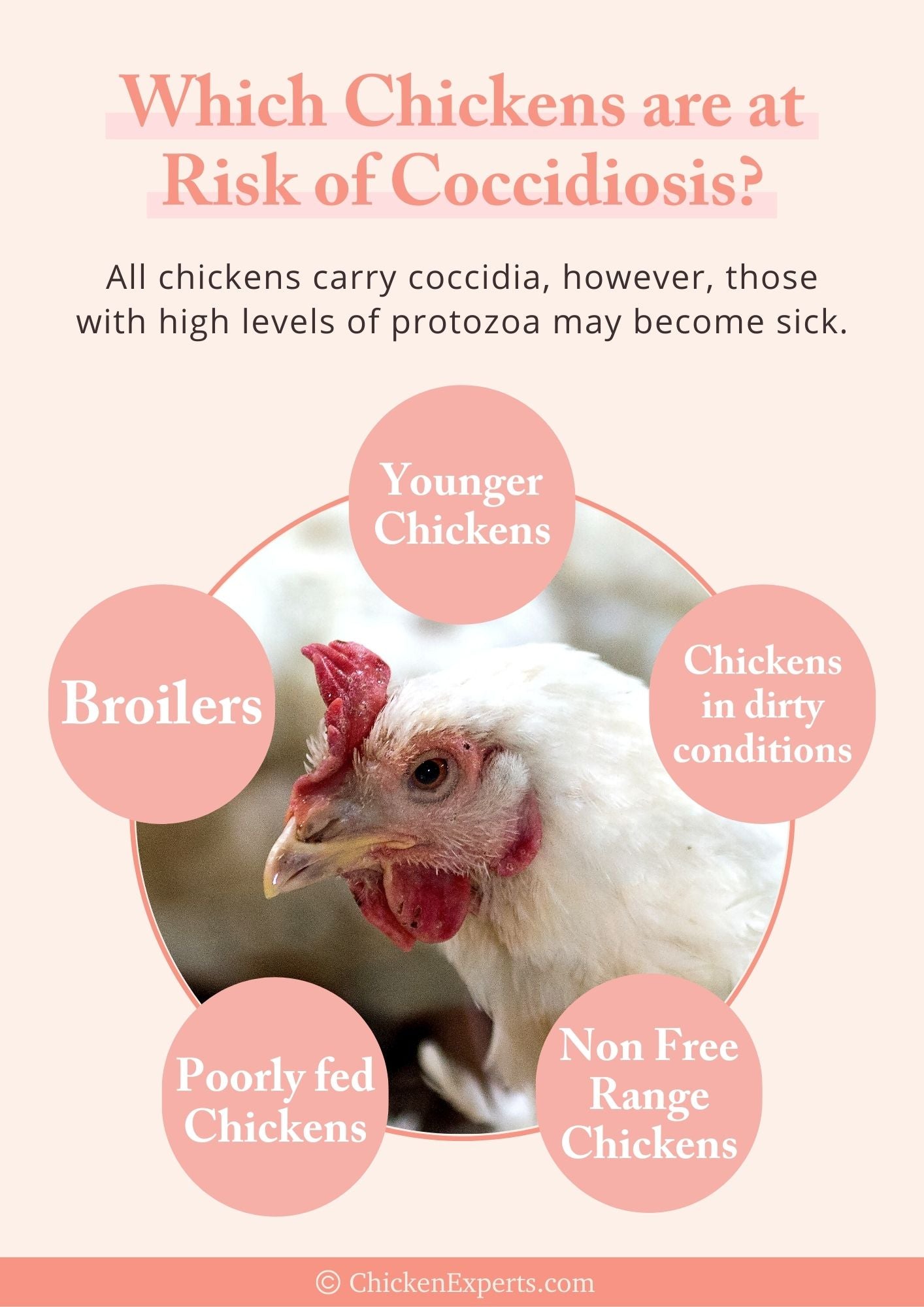
Coccidiosis Lifecycle
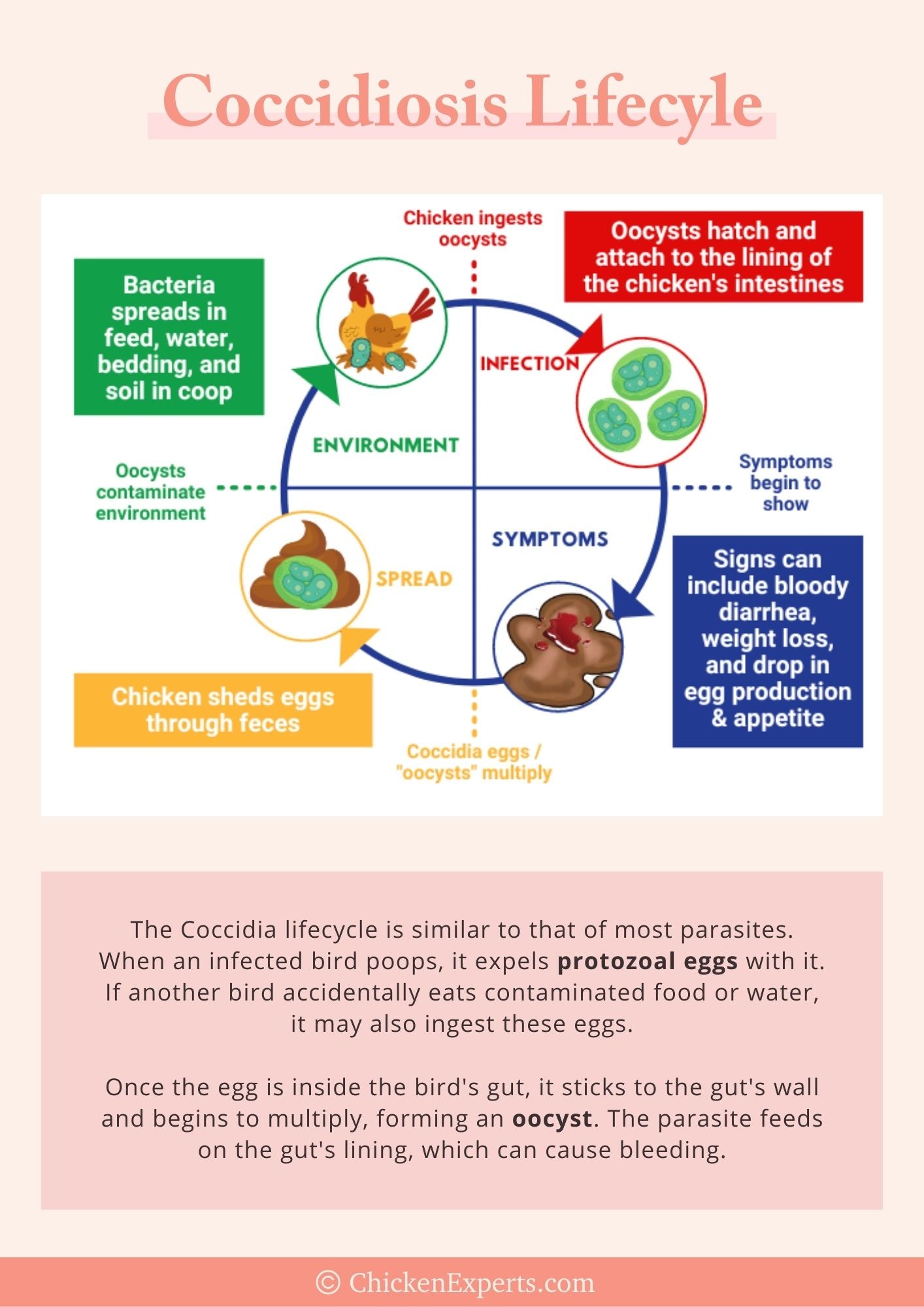
The Coccidia lifecycle is just like that of most parasites. A protozoal egg is expelled in the droppings of an infected bird and then a very unlucky chicken ingests some contaminated scratch or water and inadvertently the eggs too.
The egg then attaches to the wall of the chicken’s gut where it multiplies and becomes an oocyst. It feeds on the tract making it bleed. You can see here in the diagram created by Chickenpedia, they explain the cycle that is Coccidiosis in chickens.
How Quickly Does Coccidiosis Spread?
From the point of ingestion, a symptomatic coccidia infection can happen in just 4-7 days, which is why you need to act fast! At the point you spot it, your chicken has already been carrying the coccidia for the best part of a week, and chances are, they’re not the only ones infected.
How Is Coccidiosis Transmitted?
Coccidia is carried from an infected chicken in its poop and transmitted to the next host by ingestion. Infected poo can be transferred around your garden or grounds on shoes, animal’s feet, clothes, food sacks, wheelbarrow wheels, or even by insects and rodents. Trust me, your life will be less stressful if you can avoid this disease! Prevention is the key – and Chickenpedia will help you stop sickness before it starts to take hold.
Coccidiosis? Not in My Coop Thank You Very Clutch!
We can’t beat Mother Nature, but we CAN control the risk level to our pets by making simple changes to how we do things.
Knowing your stuff about chicken healthcare will dramatically reduce the odds of crisis striking your coop.
Having a solid understanding of common chicken health issues, and how to prevent them, spot them, and cure them will save you – and the rest of the family – a lot of heartache, stress, time, and expense.
The temptation is to deal with issues when they arise. Chances are you have at least three few chickens, so even if you can handle the heartache of watching your little egg-heads suffering, can you handle the multiple vet bills?
Researching symptoms at 1am with a poorly pullet in your lounge is horrible! Don’t do it to yourself.
So many chicken health issues ARE preventable. It’s crazy to wing it and then wish you’d known about the risks sooner when an emergency kicks in.
67.4% of chicken keepers were found to have experienced a chicken health and/or behavior issue within the first 12 months that they didn’t know how to deal with.
The Chickenpedia healthcare course is entirely focused on teaching you to recognize early signs of illness or disease and equipping you with the knowledge to take the right preventative steps to keep your feathered friends healthy and safe.
It’s also rammed with clever tips and advice to help you tackle whatever your chicken throws at you.
“If your hens don’t like being picked up, do your checks when they’re roosting at night as this is when they are quieter and calmer.” (Chickenpedia)
You’ll learn:
- How to tell if a chicken is sick (basics & advanced techniques)
- How to perform a chicken health check like an expert
- How to care for your flock throughout the seasons
- How to recognize the most common chicken diseases, illnesses, and health problems and how to prevent or treat them
- How to care for eggs in an incubator
- How to care for chicks in a brooder


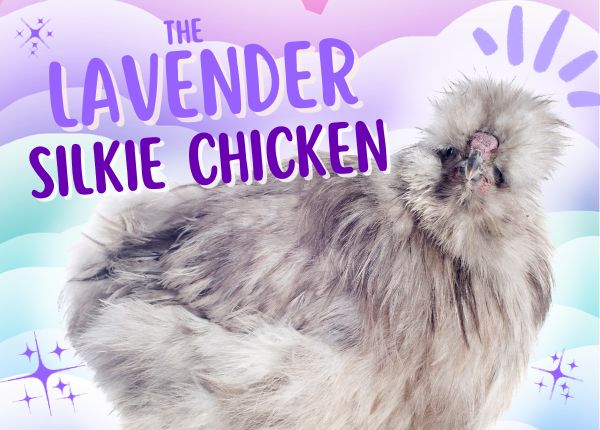
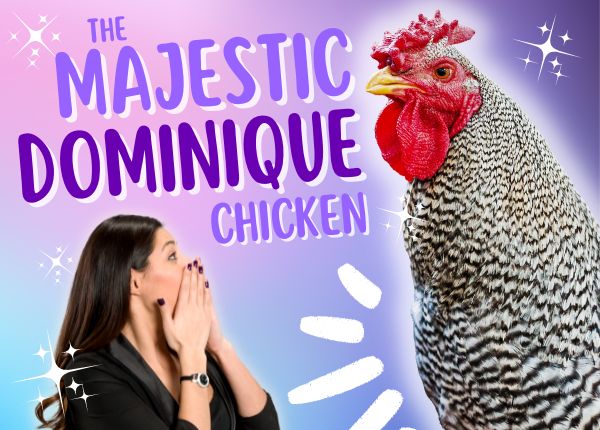



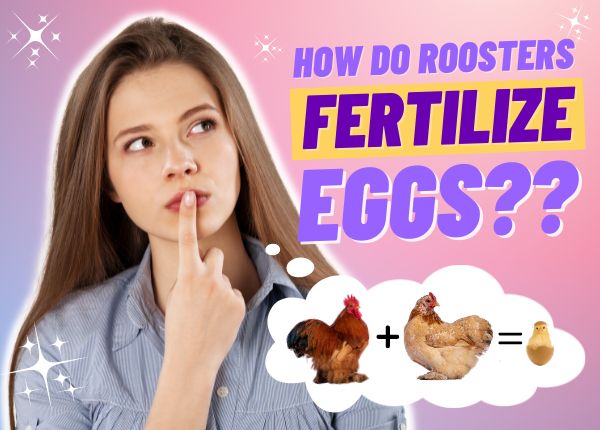



Leave a comment (all fields required)